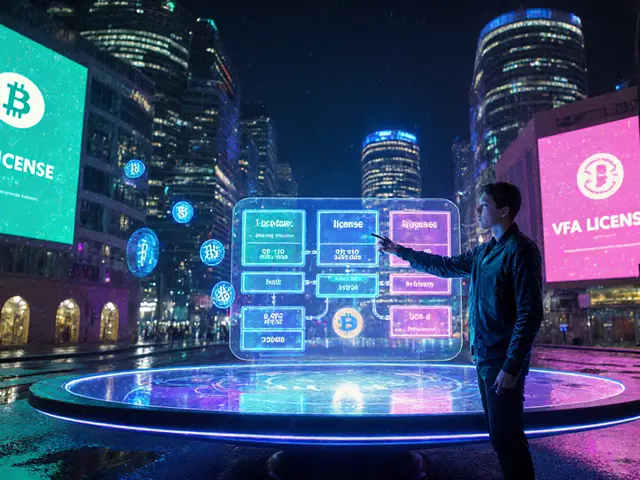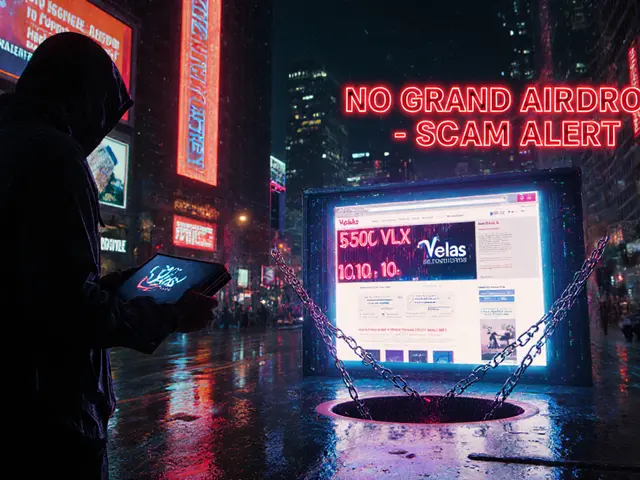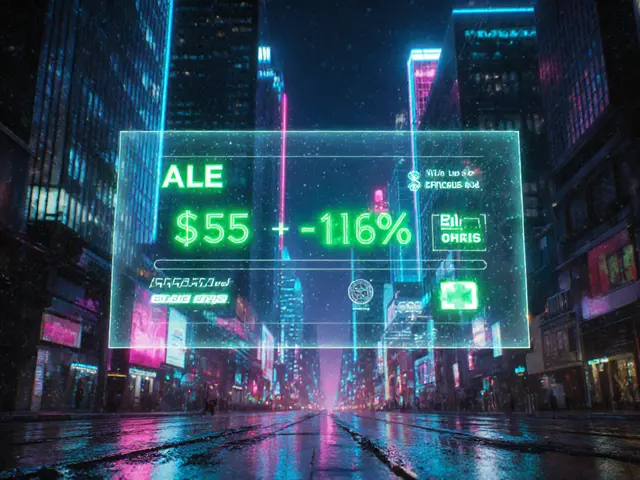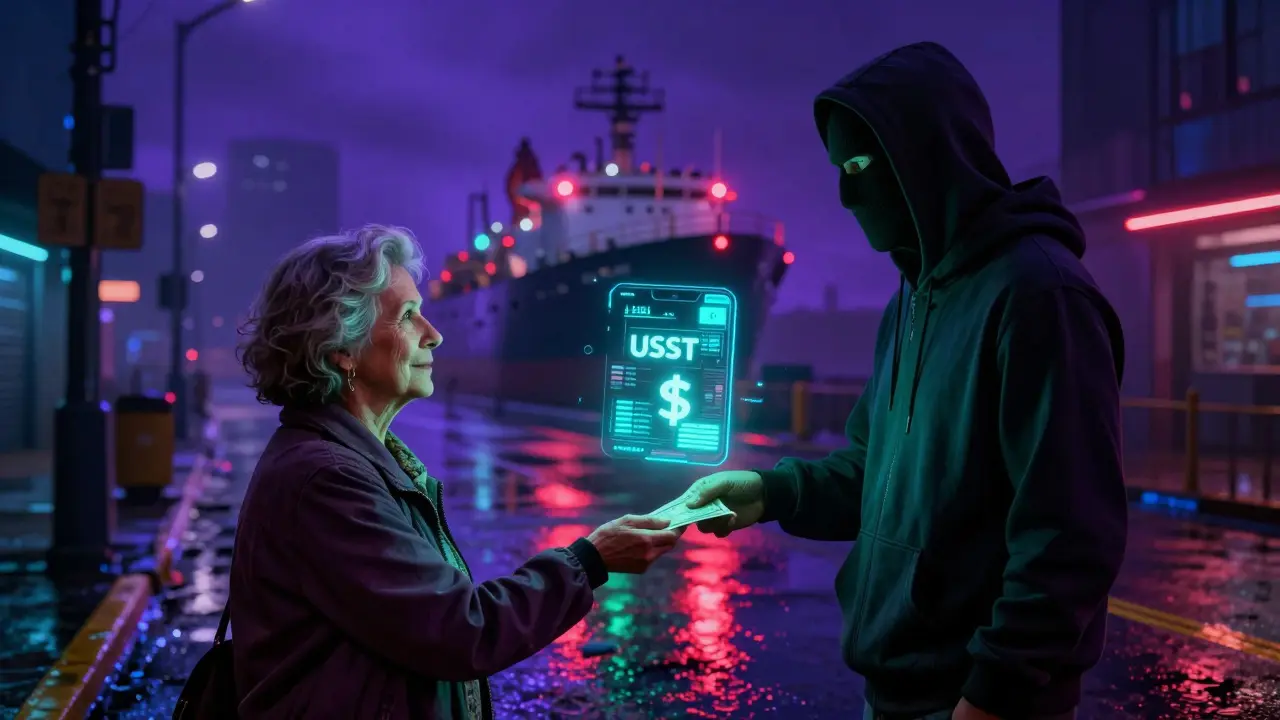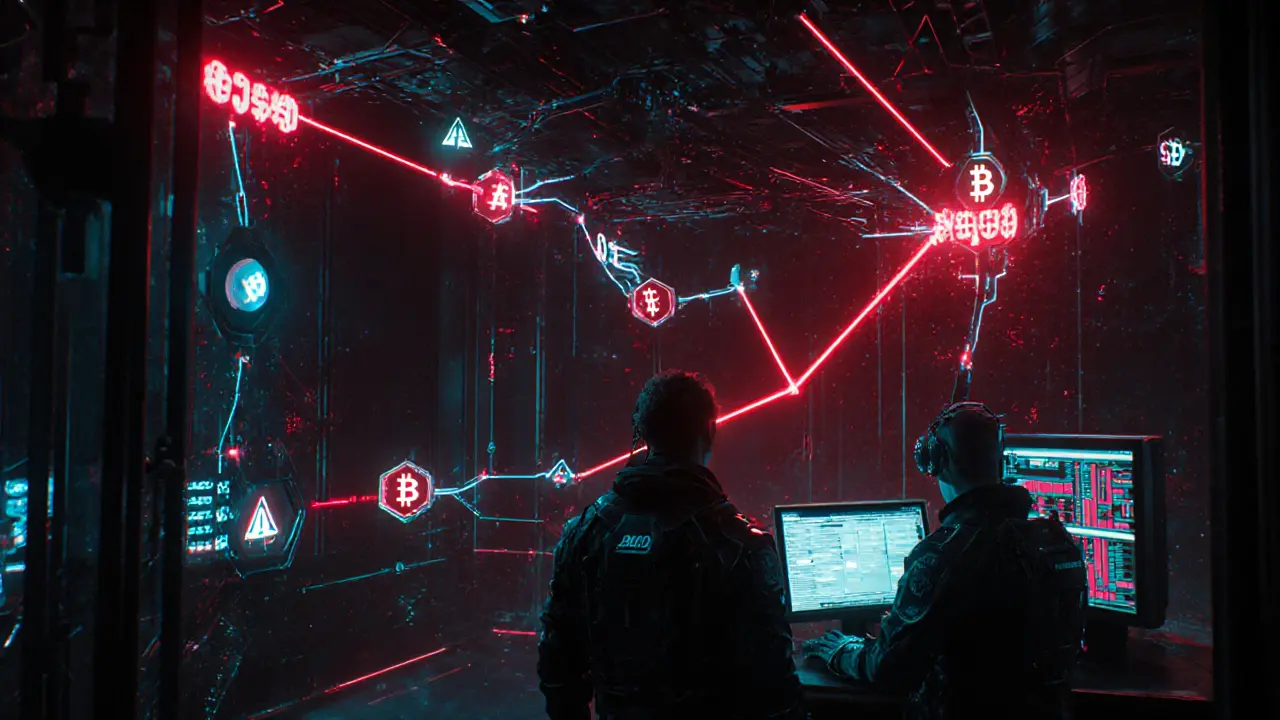Crypto Sanctions: What They Are, Who They Target, and How They Impact Trading
When governments block crypto transactions, they’re not just targeting wallets—they’re cutting off entire communities. Crypto sanctions, official restrictions on blockchain transactions imposed by state bodies like the U.S. Treasury’s OFAC. Also known as cryptocurrency restrictions, these rules stop people in certain countries from using exchanges, sending tokens, or even receiving airdrops. It’s not theoretical. In 2025, Syria saw sanctions lifted, opening the door for crypto use, while Cuba faced tighter controls. This isn’t about banning Bitcoin—it’s about controlling who can move money across borders.
These rules don’t just hit big players. They affect everyday people trying to send money home, pay for services, or protect savings from inflation. OFAC, the U.S. Office of Foreign Assets Control, is the main enforcer behind most global crypto sanctions. It lists individuals, companies, and even entire nations as restricted. If you’re in a sanctioned country, even using a VPN might not be enough—some exchanges automatically freeze accounts tied to those regions. And it’s not just Syria and Cuba. Countries like Iran, North Korea, and Venezuela face similar blocks, forcing users into P2P platforms or risky decentralized exchanges with no audits or team info—like Libre Swap or IslandSwap, both flagged in our posts as high-risk due to zero transparency.
What’s missing from most news is how these sanctions create a ripple effect. When a country is sanctioned, local crypto projects vanish. Tokens like ANK or EZY get abandoned because no one can list them on major exchanges. Airdrops disappear. Wallets get frozen. And traders are left guessing: Is this a real project—or just another scam that thrives in the dark corners of restricted markets? Cryptocurrency regulations, the patchwork of laws that vary by country and often contradict each other. Also known as crypto compliance rules, they turn simple trading into a legal minefield. That’s why our posts dive into real cases—like how Bangladeshis use VPNs to bypass banking bans, or how Georgia offers clear licensing while others just say "no."
You won’t find magic fixes here. But you will find real examples of what works, what fails, and who gets left behind. Whether you’re in a sanctioned country, trading cross-border, or just trying to avoid scams hiding behind fake airdrops, the patterns are clear. The next time you hear about a new token or exchange, ask: Is this legal where I am? Who’s behind it? And if it’s too good to be true—could it be because the real players got blocked?
Below, you’ll find deep dives into the exact crypto projects, countries, and tools that are caught in the crosshairs of global sanctions—and what you need to know before you click "buy."

